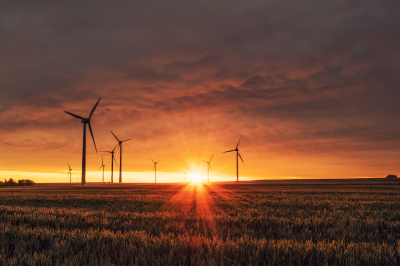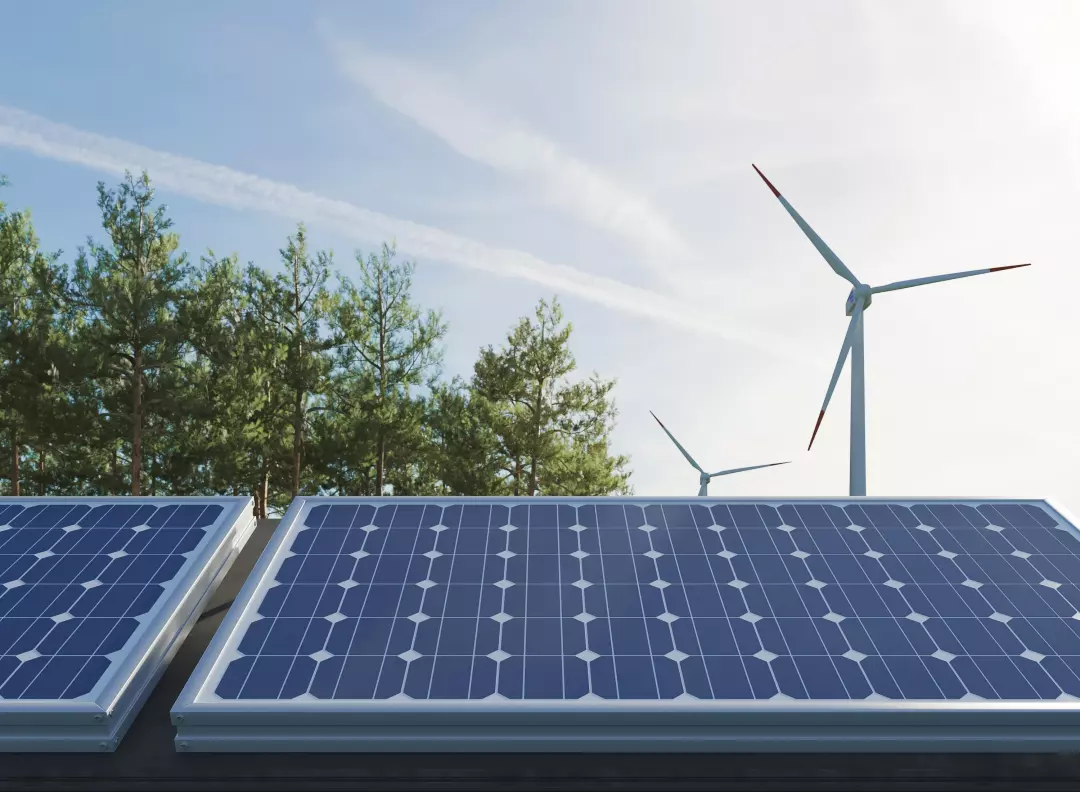What Is The Cheapest Renewable Energy To Install?
The cost of renewable energy technologies has been continually falling as innovations, advancements and increased competition drive down prices. According to the International Renewable Energy Agency (IRENA), solar power is now the cheapest form of energy in many parts of the world. Of course, there are many factors that influence the price of solar panels, including the size and type of panel, as well as the difficulty of installation. Wind turbines can also be a cost-effective option; however, due to the noise and height of placement, they may not be suitable for all homes.
How Can I Run My House On Renewable Energy?
Using renewable energy for your home is becoming increasingly popular as traditional sources of electricity become more expensive. There are a number of different ways that you can make your home ‘green’. For instance, Air source heat pumps are a great option for many people. They are relatively easy to install and operate, provide hot water and heating, and generally have low running costs. Biomass heating systems are also available and, although they may be more expensive to install, they are extremely efficient and can provide a large amount of heat at a reasonable cost.

Need assistance finding renewable energy systems near you?
Get a QuoteHow Much Do Solar Panels Add To The Value Of Your House?
Whilst there is no hard and fast answer to this question, research shows that solar panels can add up to 4% to the market value of a property. This means that a house with solar panels would be worth £4,000 more than a similar house without them. As such, solar panels can provide an attractive financial incentive for potential buyers. Another benefit of solar panels is that they often add visual appeal to a property; their presence could be the most attractive feature to potential buyers.
Biomass Boiler Vs Gas Boiler
When it comes to heating your home, there are various options available. One of these is a biomass boiler, which uses organic materials such as wood chips or pellets to generate heat. In comparison, the most common method is a traditional gas boiler, which uses natural gas to power your central heating system. Each of these systems has advantages and disadvantages; whilst biomass boilers may be more environmentally friendly, they can be more expensive to operate, whereas gas boilers may be less costly but emit more carbon dioxide.
How Long Until Solar Panels Pay For Themselves?
The average payback period for a typical household solar PV system is around 5-10 years. This means that the cost of the panels should be recovered from the money saved on electricity bills over the course of the panels' life. However, this timescale can vary depending on the size of the system, the type of panels installed and the amount of electricity used. Additionally, schemes such as Solar Together UK allow households to save money when installing solar PV by buying panels together and working together with Solar Together to bulk-buy. This can result in an even shorter payback period of around 4-5 years.
In this article:
